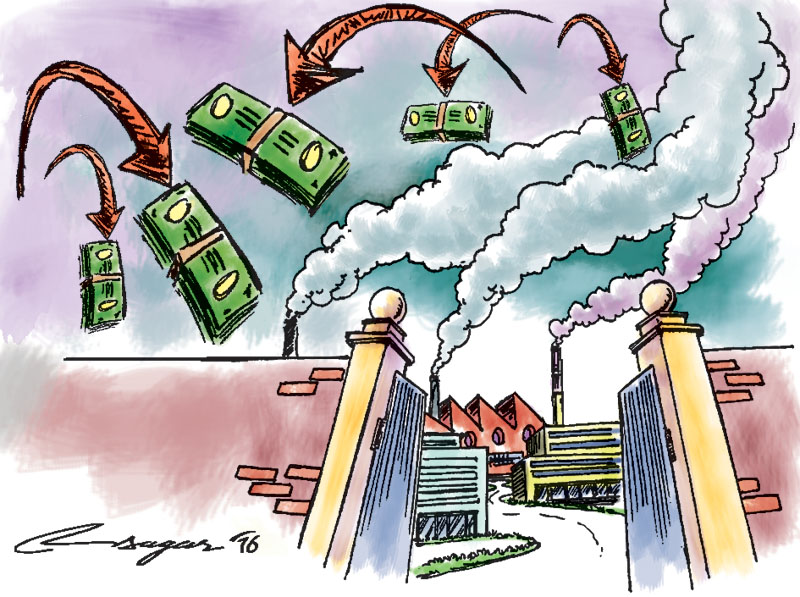Trade deficit widens to Rs 310 billion
Kathmandu, December 23
The country witnessed huge trade imbalance in the first quadrimester of this fiscal, surging by 11.23 per cent to Rs 310.18 billion compared to Rs 277.3 billion of the corresponding period of the previous fiscal year.
Skyrocketing import against the sluggish export caused the huge trade deficit. The four-month data (mid-July to mid-November) unveiled by the Department of Customs shows the country imported goods worth Rs 336.56 billion against exports of Rs 26.38 billion in the review period.
Nepal’s export-to-import ratio stood at 1:12.8 in the review period. This means that the country imported goods worth Rs 12.8 against a single rupee worth of exports.
While the country managed to record export growth of 7.7 per cent, import growth accelerated by 11.52 per cent in the review period.
In line with the years-long trend, the country had a huge trade imbalance with India. Nepal imported goods worth Rs 218.09 billion from India against exports worth Rs 14.08 billion to the southern neighbour in the first four months of this fiscal. Nepal’s trade deficit with India, with which the country’s two-thirds of trade takes place, stood at Rs 204.01 billion. Petroleum products topped the list of imported items from India.
Likewise, the country faced trade deficit of Rs 42.32 billion with China, as the country imported goods worth Rs 43.01 billion against exports of Rs 6.94 billion to the northern neighbour.
Trade economists said that the weak production base of the country is the major cause behind the sluggish export and skyrocketing import. Though the country has launched various programmes to become self-reliant in agricultural and meat products and other products with export potential in the country, lack of implementation capacity has been hindering proper implementation of these programmes.
Energy deficit is another major factor causing huge trade imbalance, which could be minimised by exploiting hydroelectricity, said Toya Narayan Gyawali, joint secretary at the Ministry of Commerce. “The government and private sector should work together in close coordination to resolve the structural problems of the economy.”






